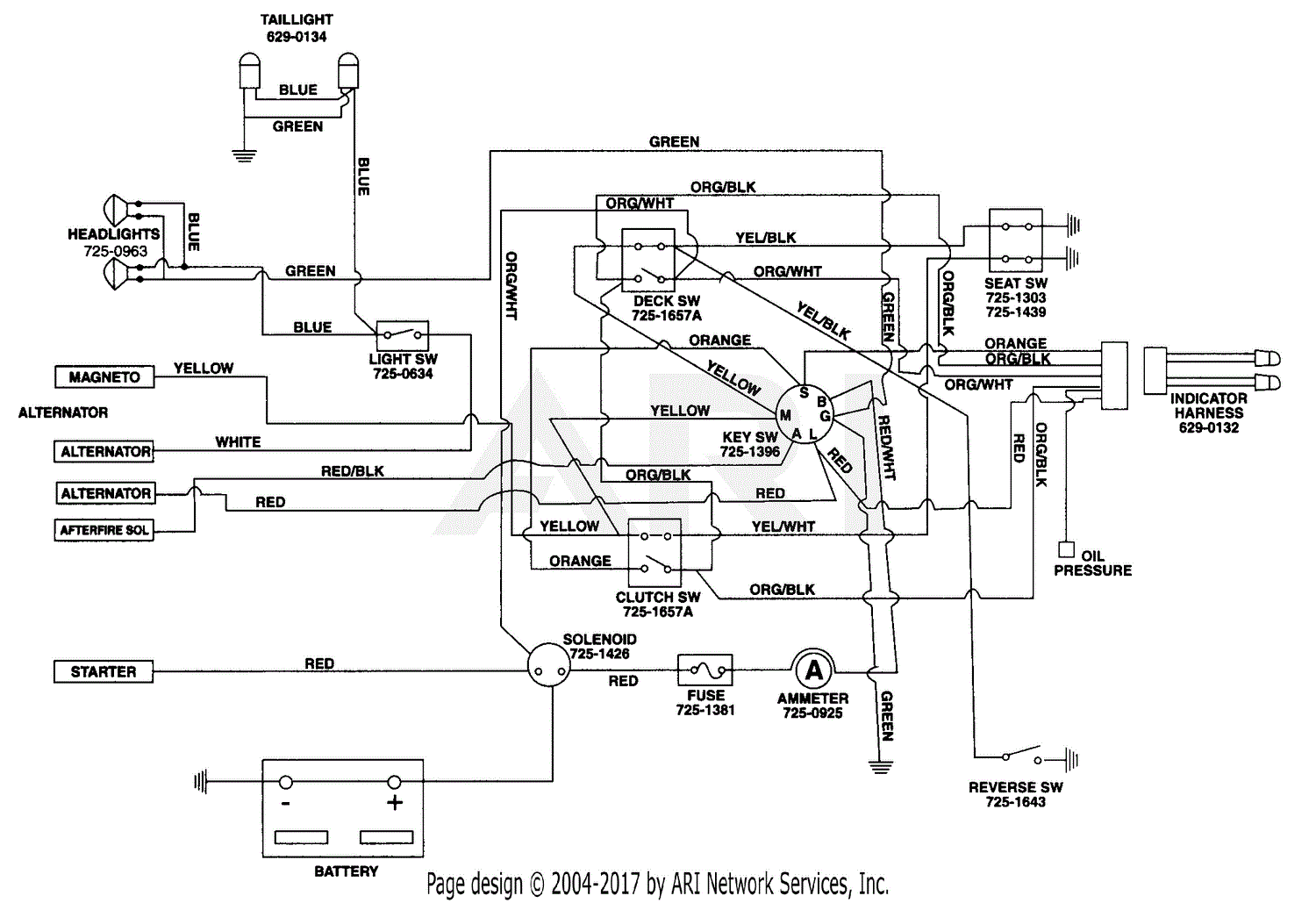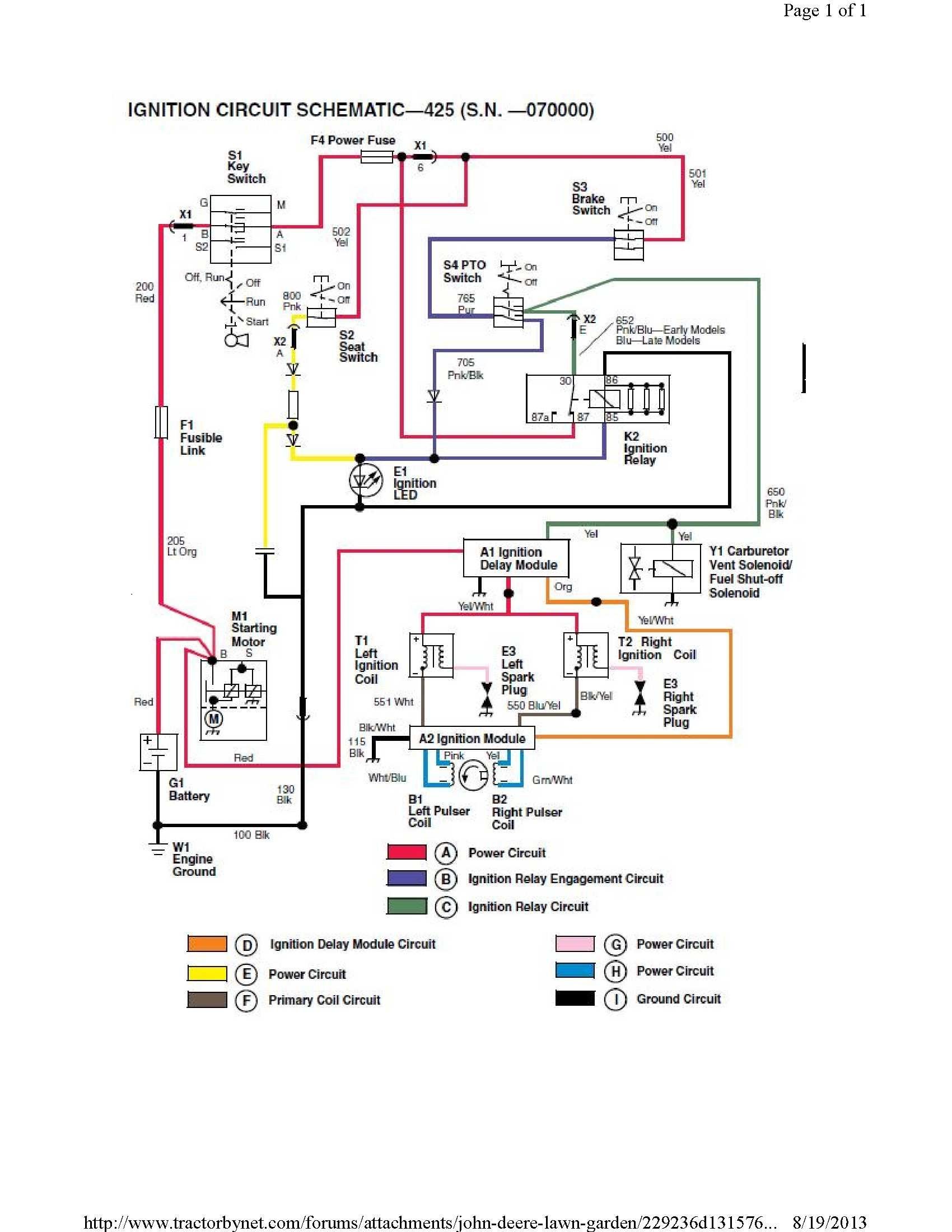When it comes to working on John Deere A tractors, having a comprehensive wiring diagram is crucial to ensure that the electrical system functions properly. A John Deere A Wiring Diagram provides a detailed outline of the electrical connections and components within the tractor, allowing mechanics and owners to troubleshoot issues and make necessary repairs.
Why John Deere A Wiring Diagrams are Essential
John Deere A Wiring Diagrams are essential for several reasons:
- Help identify the correct wiring connections for different components
- Assist in diagnosing electrical problems quickly and accurately
- Ensure that modifications or repairs are done correctly
How to Read and Interpret John Deere A Wiring Diagrams Effectively
Reading and interpreting a John Deere A Wiring Diagram can be daunting at first, but with some guidance, it can become a valuable tool:
- Start by familiarizing yourself with the key or legend provided in the diagram
- Follow the wiring paths and connections from one component to another
- Pay attention to the color codes and symbols used in the diagram
Using John Deere A Wiring Diagrams for Troubleshooting Electrical Problems
When faced with electrical issues in a John Deere A tractor, a wiring diagram can be your best friend:
- Identify the specific area where the problem may be occurring
- Trace the wiring connections to locate any faults or breaks in the circuit
- Refer to the diagram to check for voltage, continuity, or resistance at various points
Importance of Safety When Working with Electrical Systems
Working with electrical systems, including using wiring diagrams, requires utmost caution to prevent accidents or damage:
- Always disconnect the battery before working on any electrical components
- Wear appropriate protective gear such as gloves and safety goggles
- Avoid working on electrical systems in wet or damp conditions
- If unsure about a wiring diagram or electrical repair, seek professional assistance
John Deere A Wiring Diagram
John deere lt155 wiring diagram

John Deere 4600 Series Tractor Wiring Diagram – Wiring Diagram Pictures

John Deere 345 Electrical Schematic New | Wiring Diagram Image

[DIAGRAM] John Deere 4240 Wiring Diagrams – MYDIAGRAM.ONLINE
![John Deere A Wiring Diagram [DIAGRAM] John Deere 4240 Wiring Diagrams - MYDIAGRAM.ONLINE](https://i1.wp.com/i0.wp.com/www.epcatalogs.com/file/5463b6a9561306629b55acabcd4b64d77709bfcc/john-deere-5000-series-tractor-sm2040-service-manual-pdf.jpg)
Wiring Diagram For John Deere D140 – Wiring Digital and Schematic

Understanding the John Deere 2955 Wiring Diagram: A Comprehensive Guide
